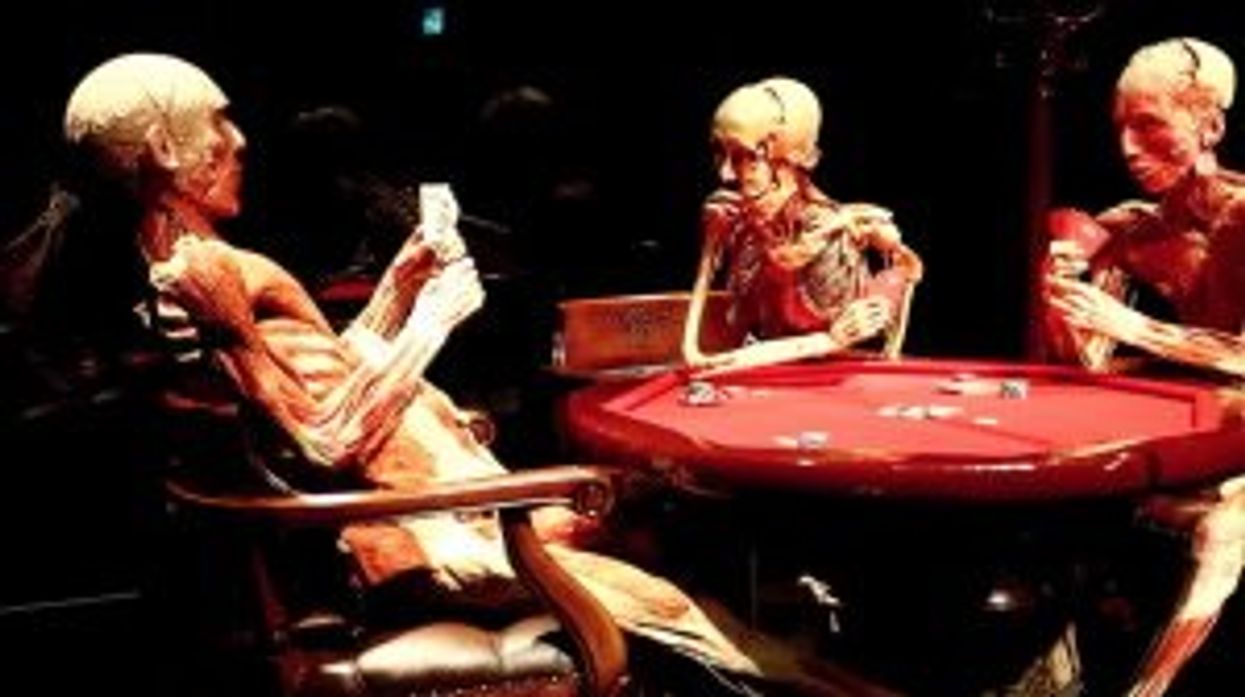Harry Fletcher
Jun 30, 2024
‘Body Worlds’ Exhibit Put Plastinated Corpses On Display as Art Installation
ZMG - Amaze Lab / VideoElephant
They say no two people are the same, but scientists have discovered that all corpses have more in common than previously thought.
As new research published in Nature Microbiology shows, dead bodies share similarities regardless of where they’re from when it comes to microbial networks.
Once they begin to decompose, human bodies contain bacteria and fungal decomposers that are actually pretty rare in the rest of the world.
It might seem like a discomforting thought but these microbes are essential to the natural world, and they break down corpses to eventually become part of the “decomposition ecosystem” and help with plant production.
The research involved burying 36 corpses that had been donated to scientific study. Even though all the bodies were buried in different locations with distinct environmental features, all the samples later taken by researchers featured the same selection of microbes.
The experts also believe that insects could carry the selection of microbes to decomposing human and animal remains.
Dr Devin Finaughty, who wasn’t involved in the study, spoke to IFLScience and said: “Decomposition is technically defined as the consumption of organic material by other organisms, [and is] distinct from physical degradation of organic remains by physical, erosive forces, like water.
“The decomposition system pivots around the dead body as a resource and that's mainly for food, but many organisms will also use it as a breeding ground as a nursery, and as a shelter.”
Sign up for our free indy100 weekly newsletter
How to join the indy100's free WhatsApp channel
Have your say in our news democracy. Click the upvote icon at the top of the page to help raise this article through the indy100 rankings
Top 100
The Conversation (0)














